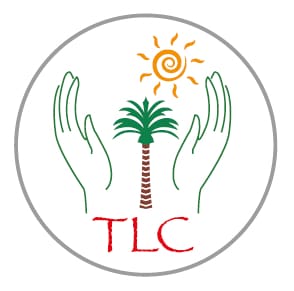

Sickle Cell Disease Awareness Month
The 1st September is the start of Sickle Cell Disease Awareness month. ‘Medicine and Me: Living with Sickle Cell Disorder’ is a key event hosted by the Sickle Cell Society UK and The Royal Society of Medicine. The event is taking place on 23rd September 2017, 12:30pm – 5:30pm, at the Royal Society of Medicine, London.
Please click here for further information and to book your place.
What is Sickle Cell Disease?
The NHS describes Sickle Cell Disease (SCD) as the name for a group of inherited conditions that affect the red blood cells. Sickle cell anaemia is the most serious type. Those with the disease produce unusually shaped red blood cells. This can be problematic as they don’t live as long as healthy blood cells, and can therefore become stuck in blood vessels.
Symptoms include:
- Pain crises (this can be very severe)
- Fatigue and anaemia
- Swelling and inflammation of the hands and/ or feet
- Splenic sequestration (sudden pooling of blood in the spleen) and liver congestion
- Lung and heart injury
- Leg ulcers
- Risk of strokes or transient ischaemic attacks
Who does it affect?
The condition mainly affects people of African, Caribbean, Middle Eastern, Eastern Mediterranean and Asian origin. In the UK, it’s more common in those from African and Caribbean backgrounds.
Sickle Cell Trait (SCT)
Sickle cell trait (SCT) is less serious than sickle cell anaemia. A person with SCT, like our Business Development Director Tineke Simmons, has inherited the sickle cell gene from one of their parents.
Although carriers usually live a normal life, awareness is still important. For example, the chances of having a child with SCD increases when both partners have STC. Complications from sickle cell trait are rare, however there are reported risks of becoming seriously ill after extreme physical training.
Children with Sick Cell Disease
It’s important to recognise the signs and symptoms of sickle cell disease in children and know how to act accordingly. Our Level 3 Award Paediatric First Aid course covers this. Please get in touch for further details.
For further information about the condition and Sickle Cell Disease Awareness month, we would recommend visiting the Sickle Cell Society UK website.
Need help?
Want to discuss your training needs? Contact us, we'll be happy to help.















Comments